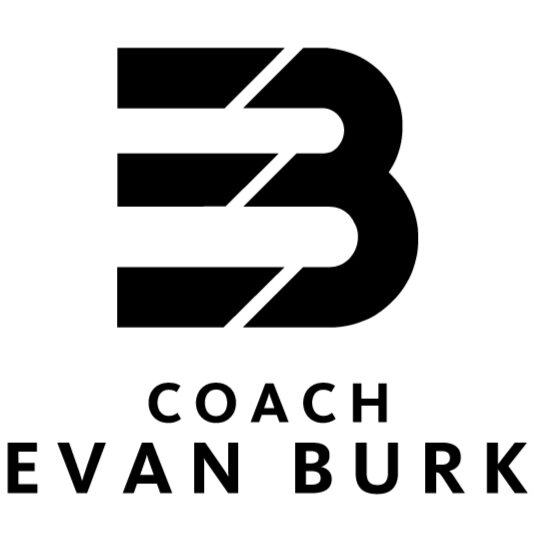Sleep is the Key to Success Among High-Profile Athletes
Long overlooked for years in collegiate and professional sports, sleep is now becoming a focus for many teams and athletes seeking to perform at their best on a daily basis. This increased emphasis on sleep can be attributed to technology becoming more and more intertwined in the sports world. It makes sense that the more we understand about how sleep affects daily performance, the greater the interest will be in optimizing an athletes’s performance and, in turn, the quality of their sleep.
The following examples show just how prevalent sleep is becoming in the sports world as more resources are put into finding out how to get the best performance out of each athlete on a daily basis.
Tom Brady, All-Pro Quarterback for the New England Patriots, is said to put such an emphasis on his sleep that his normal bedtime is 8:30pm.
"I do go to bed very early because I'm up very early. I think that the decisions that I make always center around performance enhancement, if that makes sense. So whether that's what I eat or what decisions I make or whether I drink or don't drink, it's always football-centric. I want to be the best I can be every day. I want to be the best I can be every week. I want to be the best I can be for my teammates. I love the game and I want to do it for a long time. But I also know that if I want to do it for a long time, I have to do things differently than the way guys have always done it."
Pete Carroll, head coach of the Seattle Seahawks, has come around on the idea on focusing on sleep.
"I always thought that sleep was overrated, and I had to kind of be knocked in the head to understand. Like so many things, once it gets on the radar screen, it makes sense and you ask, why didn’t we pay attention before?"
Michael Phelps is said to get at least 8 hours of sleep every night and a 2-3 hour nap while training for competition.
Sleep “is where you can naturally grow and your body recovers...I really can't say it enough. I don't think people really pay enough attention to how important sleep is.”
Gabby Douglas, two-time olympian, describes a sleep routine that allows her to wake up refreshed and ready to perform at her best for up to 6 hours of training per day.
"I curled up in my bed to meditate, which helps me learn to clear my mind and puts me in a good place mentally and spiritually...With my mind clear, it was easy for me to go to sleep. I usually wake up eight hours later feeling very refreshed.”
Dabo Swinney, Clemson University's head football coach, recently commented on the steps his program is taking to tackle the sleep problem among the athletes by setting up a nap room in their facility.
"One of the biggest things I learned a couple years ago studying these athletes, the biggest problem in a lot of people’s eyes, is a lack of sleep on college campuses. They don’t sleep, and now that affects their mental health, and then you have all of these mental health issues and so forth. I’ve seen it. In our building here I can come in, and if a guy gets some time in between class, we got meetings coming up, but he didn’t want to go back home, so he’s over here, and I walk in the team room and its dark, and there’s guys just lying on the floor asleep or whatever. So we just decided, let’s make a nice nap room where those guys have a chance to lay down and catch a little nap. So that’s where that came from, and I think that something these guys are going to love. So we are going to have some natural lighting in there. I think we have a fish tank or something like that, but it will be great.”
